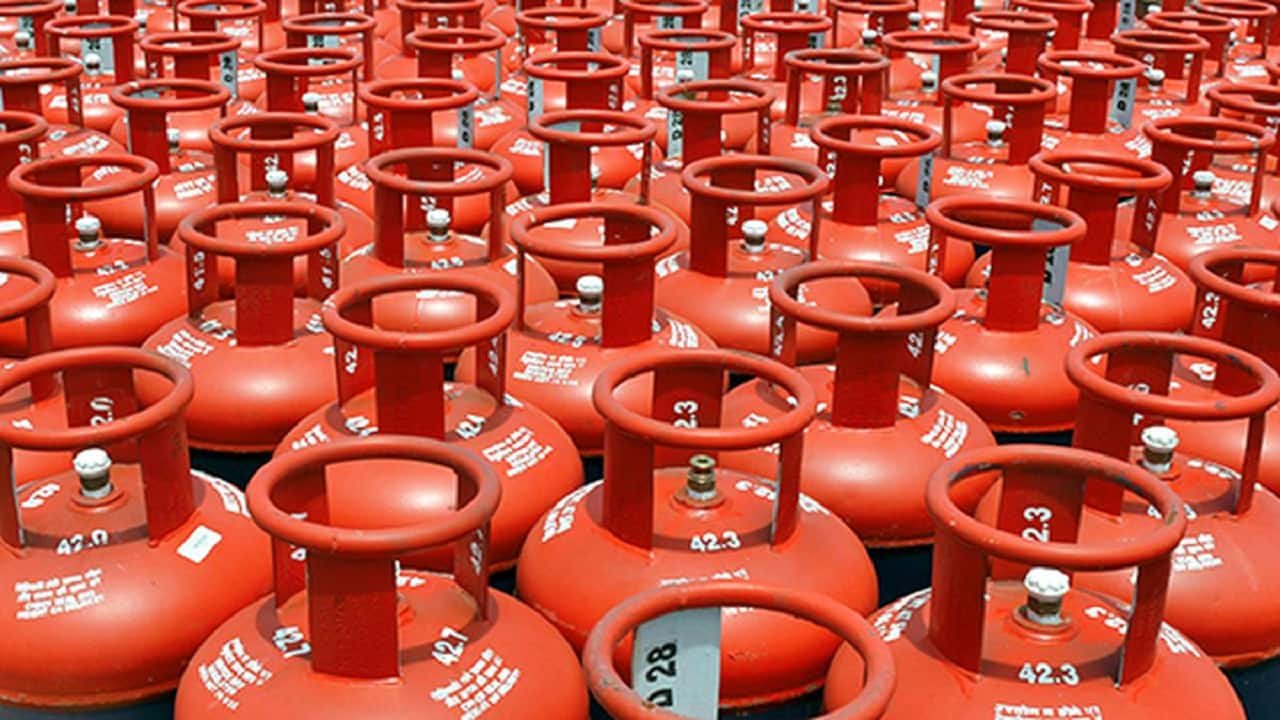COP30: Can the World Finally Deliver on Climate Finance Promises? UK Envoy Calls for Action

As the world gears up for COP30 in Brazil, the pressure is mounting on developed nations to translate climate finance pledges into tangible action. In an exclusive interview with CNN-News18, UK Climate Envoy Rachel Kyte emphasized the critical need for real progress on financial commitments, particularly in light of past shortcomings. She underscored the importance of deepened collaboration with India, a key player in the global clean energy transition, to unlock innovative solutions and accelerate the deployment of sustainable technologies.
The Finance Gap: A Persistent Challenge
The recurring theme at international climate summits has been the promise of $100 billion annually from developed countries to support climate action in developing nations. However, this pledge, initially made in 2009, remains largely unfulfilled. While some progress has been made, the gap between commitments and actual disbursement continues to widen, hindering the ability of vulnerable countries to adapt to the impacts of climate change and transition to cleaner energy sources.
“We need to move beyond pledges and demonstrate real, measurable progress,” Kyte stated. “COP30 presents a crucial opportunity to reset the narrative and establish a credible framework for climate finance that meets the needs of developing countries.”
India's Role: A Partnership for Clean Energy
Kyte highlighted India's significant potential as a partner in the global clean energy revolution. India's ambitious renewable energy targets, coupled with its rapidly growing economy, make it a key market for clean technologies and a vital contributor to global emissions reductions.
“India’s commitment to clean energy is truly inspiring,” she noted. “We see tremendous opportunities for collaboration – sharing expertise, facilitating technology transfer, and mobilizing private investment to accelerate the deployment of renewable energy solutions.” She specifically mentioned the potential for collaboration on green hydrogen, energy storage, and grid modernization.
Beyond Finance: The Need for Systemic Change
While financial commitments are essential, Kyte stressed that addressing climate change requires a broader systemic shift. This includes reforming international financial institutions, promoting sustainable investment practices, and fostering a global carbon market. She also emphasized the importance of incorporating climate risks into financial decision-making and ensuring that vulnerable communities are at the forefront of adaptation efforts.
“We need to move beyond a purely transactional approach to climate finance and build a system that is equitable, transparent, and accountable,” Kyte asserted. “This requires a fundamental rethinking of how we allocate resources and prioritize investments.”
COP30: A Moment of Truth
With COP30 fast approaching, the world is watching to see whether nations can finally deliver on their climate finance promises. Kyte’s call for action serves as a timely reminder that the stakes are high, and the time for incremental progress is over. A successful COP30 will require bold leadership, genuine commitment, and a willingness to embrace transformative change. The future of our planet depends on it.






